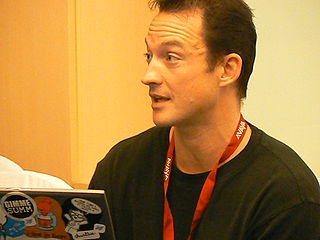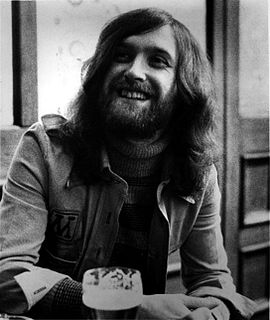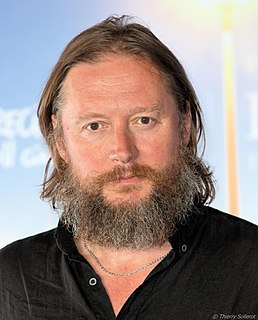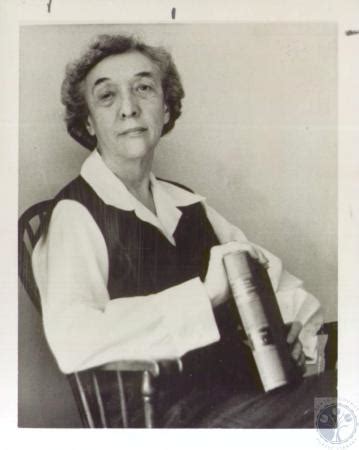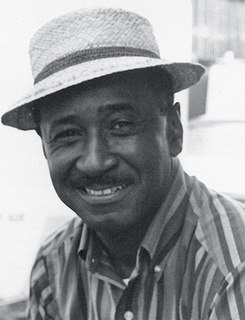A Quote by Walt Whitman
As soon as histories are properly told there is no more need of romances.
Related Quotes
We don't need no more rappers, we don't need no more basketball players, no more football players. We need more thinkers. We need more scientists. We need more managers. We need more mathematicians. We need more teachers. We need more people who care; you know what I'm saying? We need more women, mothers, fathers, we need more of that, we don't need any more entertainers
As a historian I understand how histories are written. My enemies will write histories that dismiss me and prove I was unimportant. My friends will write histories that glorify me and prove I was more important than I was. And two generations or three from now, some serious sober historian will write a history that sort of implies I was whoever I was.
William Shakespeare was the most remarkable storyteller that the world has ever known. Homer told of adventure and men at war, Sophocles and Tolstoy told of tragedies and of people in trouble. Terence and Mark Twain told cosmic stories, Dickens told melodramatic ones, Plutarch told histories and Hans Christian Andersen told fairy tales. But Shakespeare told every kind of story – comedy, tragedy, history, melodrama, adventure, love stories and fairy tales – and each of them so well that they have become immortal. In all the world of storytelling he has become the greatest name.
We do not need more material development, we need more spiritual development. We do not need more intellectual power, we need more moral power. We do not need more knowledge, we need more character. We do not need more government, we need more culture. We do not need more law, we need more religion. We do not need more of the things that are seen, we need more of the things that are unseen. It is on that side of life that it is desirable to put the emphasis at the present time. If that side be strengthened, the other side will take care of itself.

